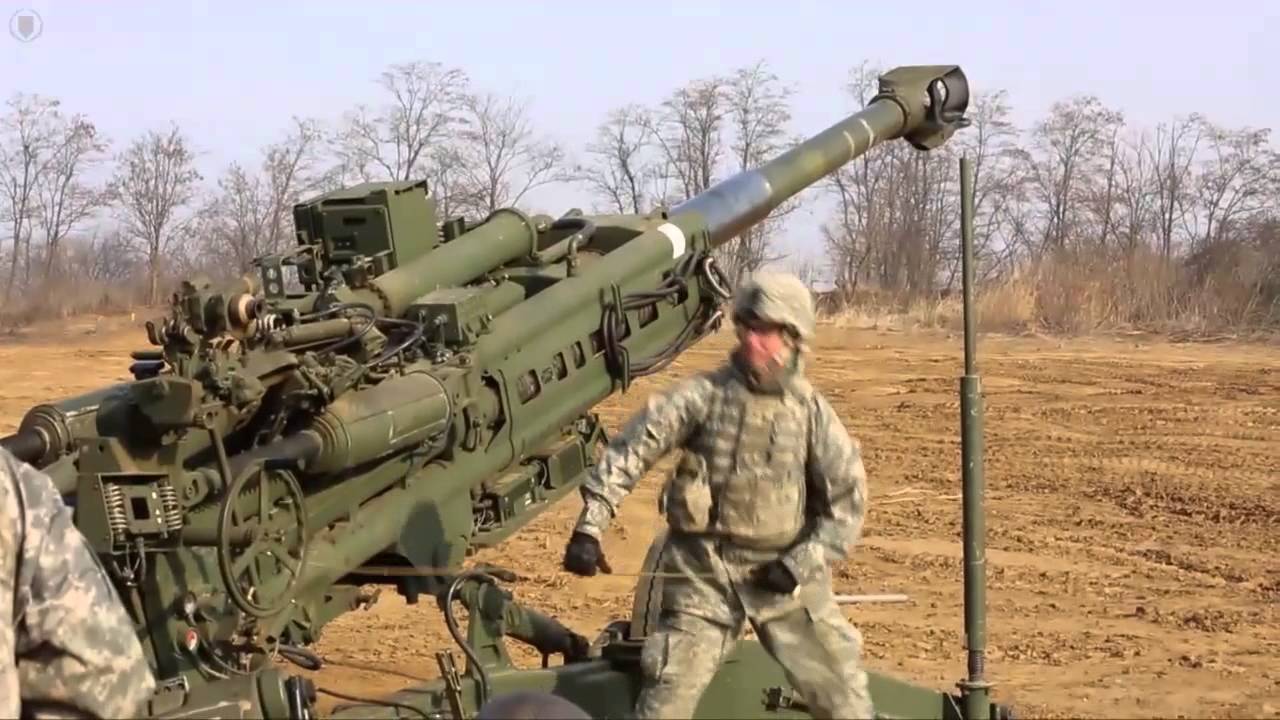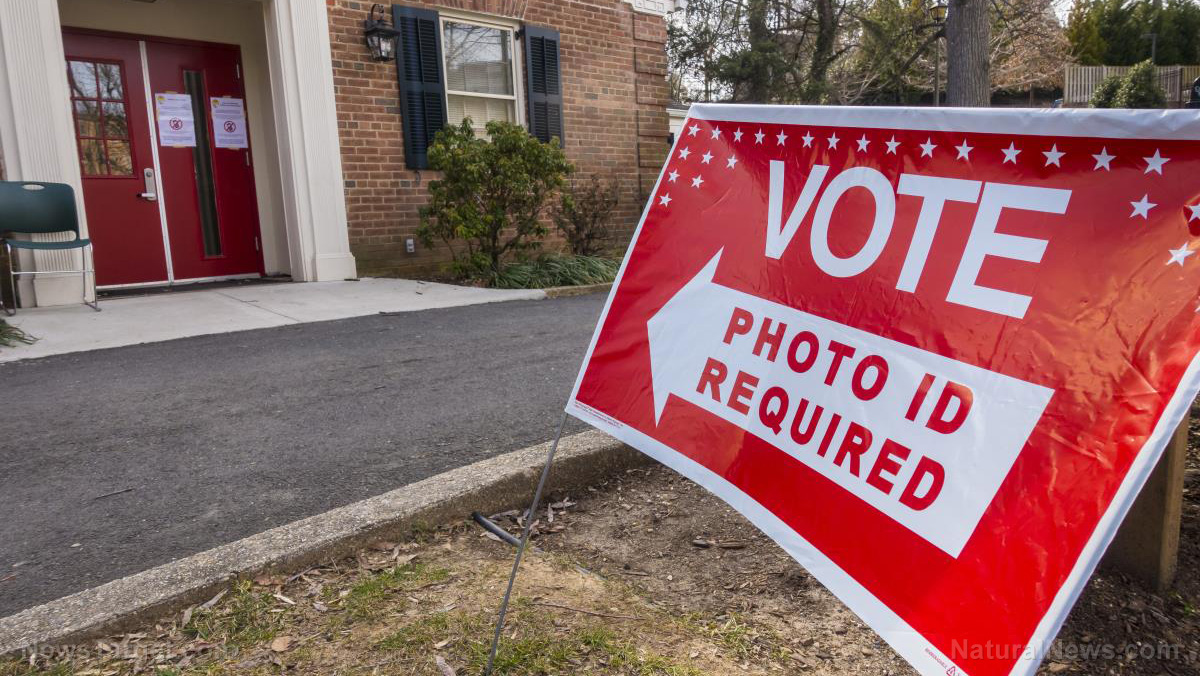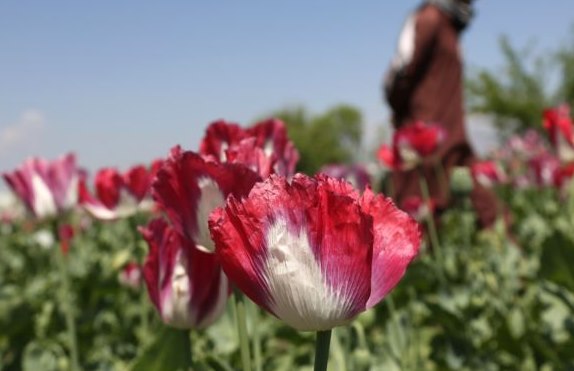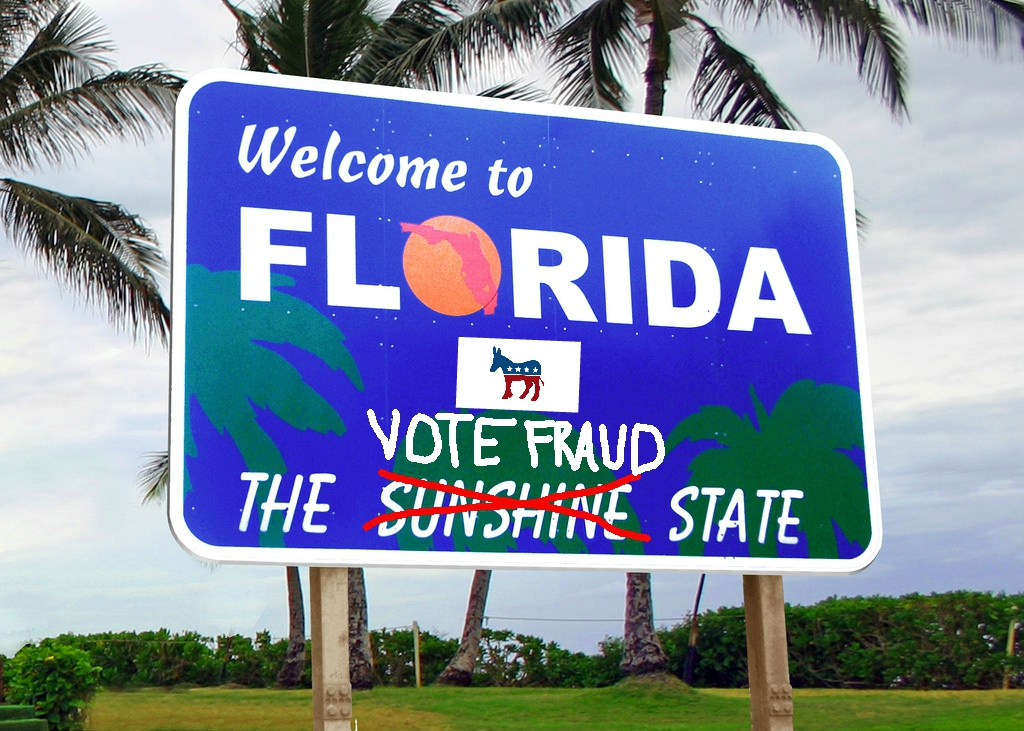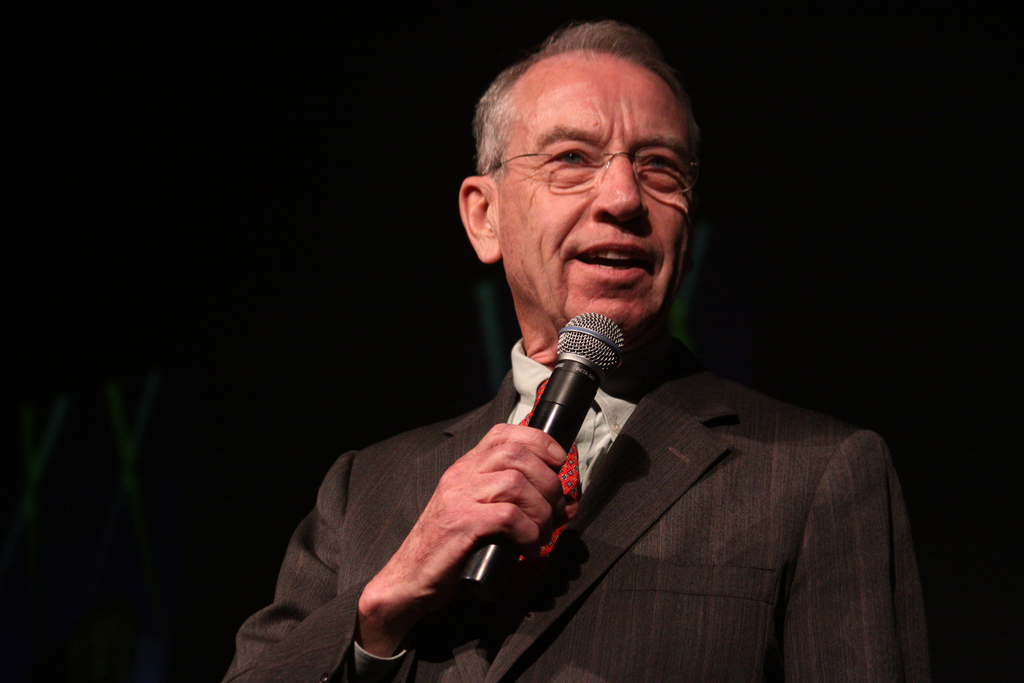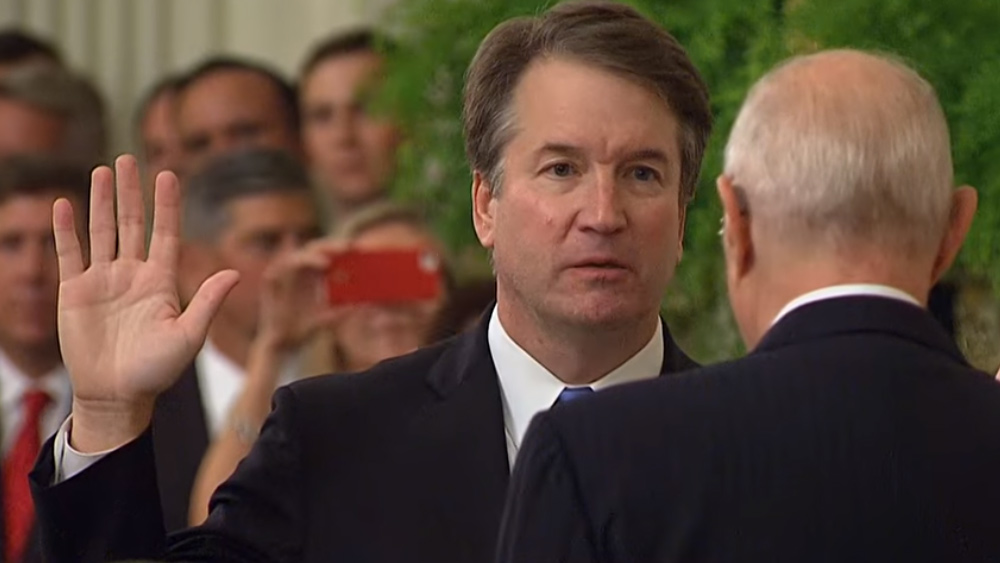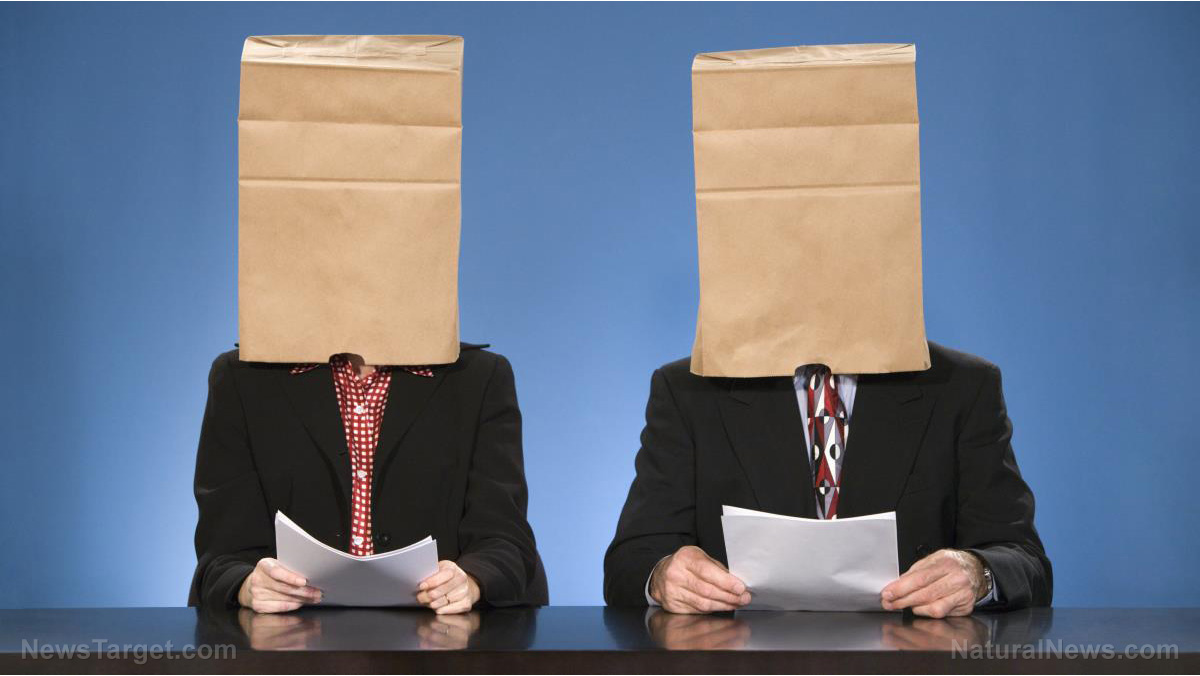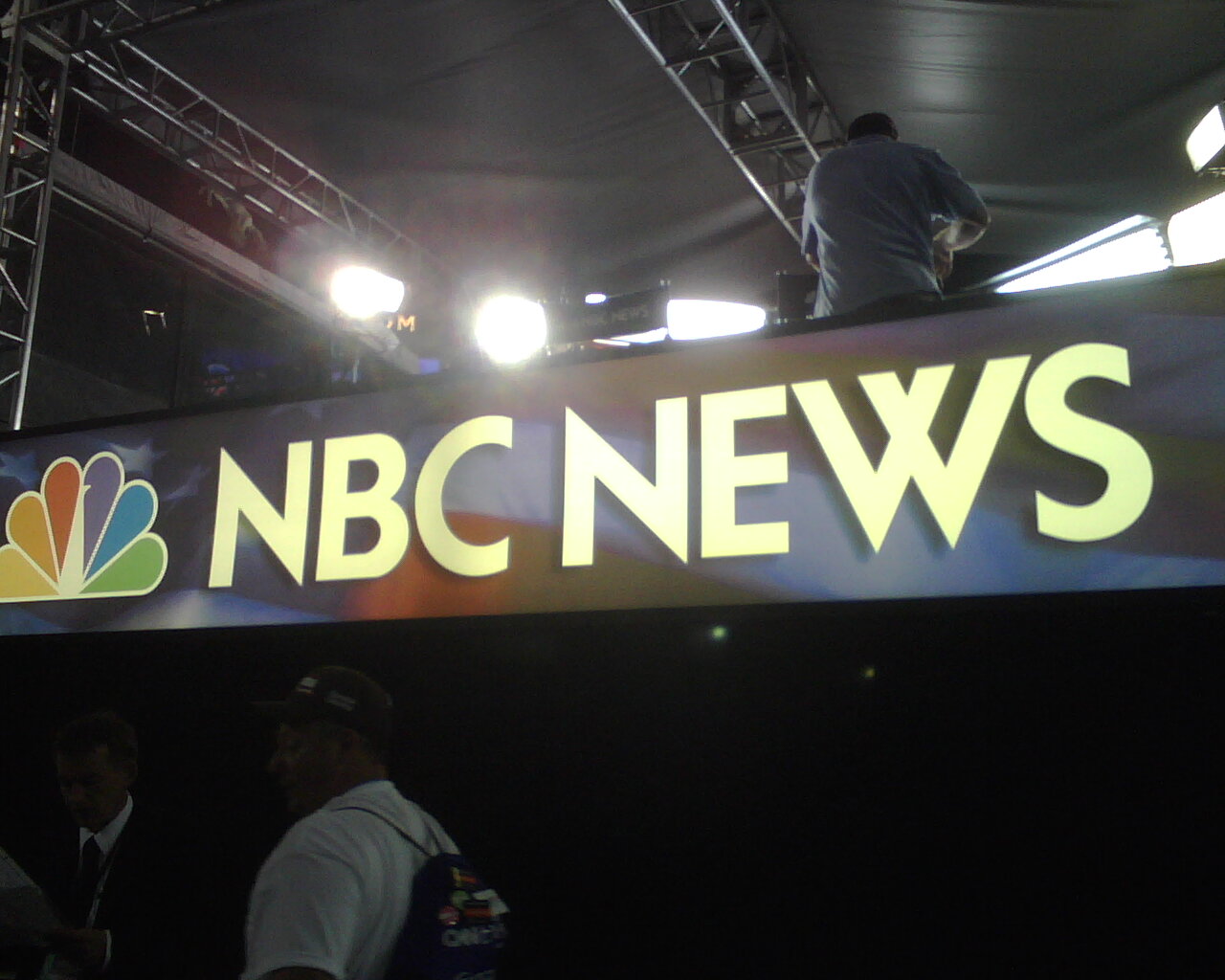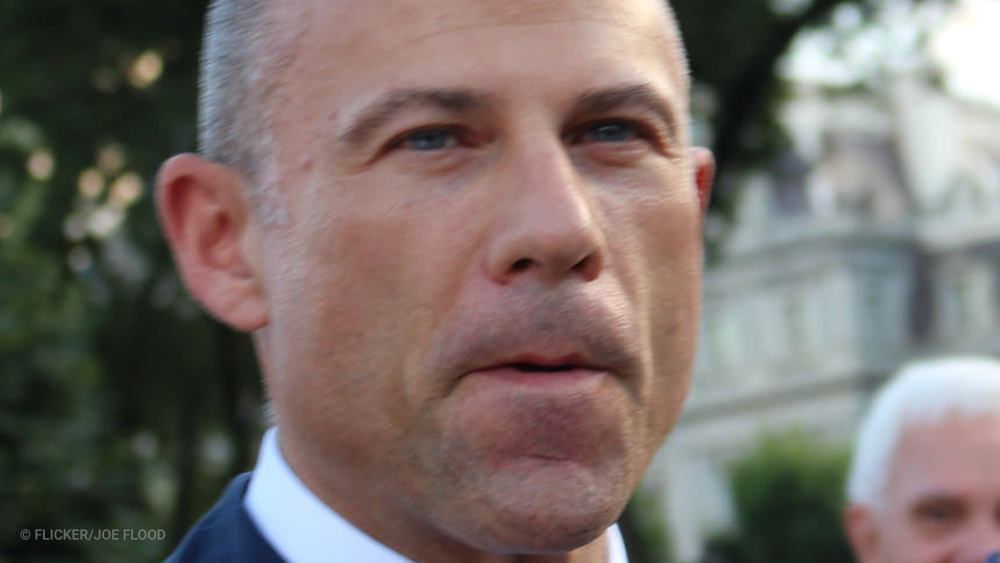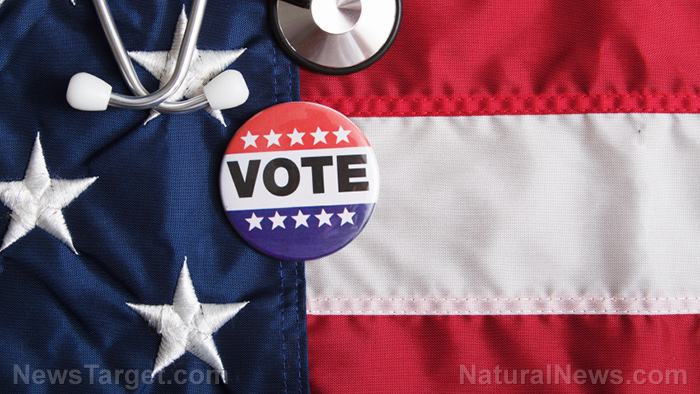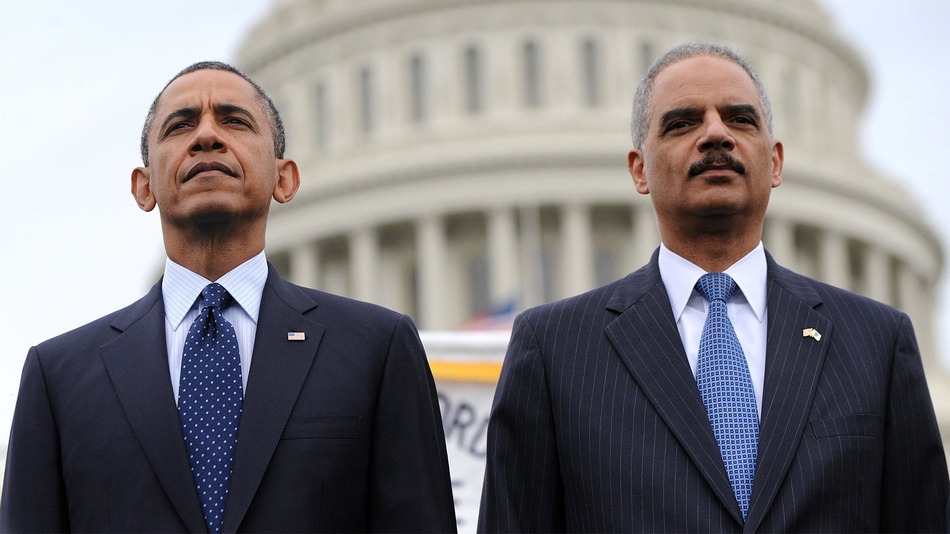Will Russia get revenge for Olympics ban by placing sanctions on US pharmaceutical companies?
03/11/2018 / By Ethan Huff

The former Soviet Union took a huge hit on the international stage when the International Olympic Committee (IOC) banned the country from participating in the 2018 Winter Olympic Games in Pyeongchang, South Korea, over allegations of illegal “doping.” But some of the worst perpetrators of doping substances are United States-based pharmaceutical companies, which begs the question: Will Russia retaliate by placing sanctions on American Big Pharma corporations?
It very well could, as could China, which would absolutely devastate America’s pharmaceutical industry. As reported by the Centre for Research on Globalization, it would only make sense for Russia to fight back against U.S. aggression by banning the import of U.S.-based drugs and other sports-related substances produced by companies that may be complicit in facilitating illegal doping.
While most elite athletes today say they would never take banned substances, even if they were completely harmless, there’s still quite a bit of sports-related “medical treatment” going on that involves such substances. Almost every professional athlete, it turns out, uses some kind of supplement, vitamin, stimulator, or cream that enhances his or her performance – and this isn’t necessarily illegal, it’s important to note.
But where the sporting world draws the line is open for interpretation. In many cases, drug companies will mass produce a performance-enhancing drug or other compound and quickly distribute it to athletes before officials catch on to what’s going on and issue a ban. This is a common practice that generates billions of dollars in profits for drug companies, and something that, ethically speaking, is really no different than illegal doping.
The only difference is that it’s not technically illegal at the time these substances are being distributed and used – a technicality, if you will – that Russia could very easily use to get back at the U.S. for making it a target. It seems a bit too convenient that, following Hillary Clinton’s presidential loss and subsequent mainstream media false accusations of “Russian meddling,” that Russia was subsequently accused of doping and forced out of the Olympics.
Is the U.S. punishing Russia for 2016 presidential election “meddling” hoax?
Was this a politically-motivated decision, or was there actually solid evidence brought forth by the IOC’s “prolonged investigations” that Russia was doping up its athletes in order to use them as a display of force on the global stage? It’s difficult to say for sure. But it does seem clear that, at the very least, the U.S. is being hypocritical in making much ado about Russia’s athletic affairs when our own drug industry routinely dopes athletes with whatever new performance-enhancing drugs it can get onto the market before such drugs are eventually banned.
“These industrial giants develop and produce new performance-enhancing medications in close cooperation with WADA (World Anti-Doping Agency),” explains GlobalResearch.ca, noting that U.S.-based pharmaceutical companies are reaping huge profits from this cozy little arrangement. “The main goal is to sell off the drugs before they become prohibited … Sometimes under the guise of harmless sport nutrition the producers smuggle and sell prohibited substances.”
Russia is obviously aware of this, considering its Foreign Minister Sergey Lavrov announced on February 11 that the U.S. helped orchestrate the Olympic doping allegations against Russia based on ulterior motive. Will Russia respond by going on the offensive? It’s definitely possible, say experts who’ve stayed in the know about how the situation is progressing.
“American sport-related business – especially pharmaceutical companies – can be put under Russian sanctions, there are no doubts,” adds GlobalResearch.ca.
“If China follows Russia the consequences will be very painful for American economy because of the size of Chinese market. This scenario is not fantastic as Beijing has repeatedly supported the steps Moscow undertook in its feud with Washington. The Russian doping scandal can rise to a new level.”
Sources for this article include:
Tagged Under: anti-doping, ban, Big Pharma, drug cartels, drug companies, drug industry, economic sanctions, hypocrisy, manipulation, Olympics, performance enhancement, Russia, sanctions

